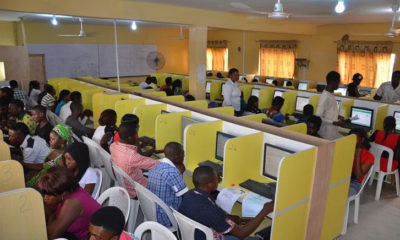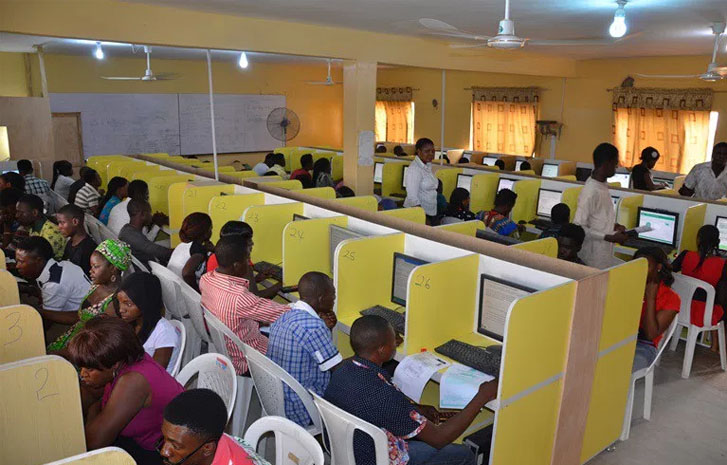The Academic Staff Union of Universities (ASUU) on Monday extended its strike indefinitely after failing to reach an agreement with the federal government.
The two met at a meeting held at the University of Abuja on Sunday and engaged in tough discussions that ended in ASUU announcing that the ongoing strike of 196 days has been extended indefinitely.
The Federal Ministry of Education, Ben Goong, said President Muhammadu Buhari had done everything possible to ensure an end to the strike, but ASUU had remained adamant despite the Federal Government meeting almost 80% of the union’s demands.
He said, “As regards the next steps, the government has already inaugurated a committee to harmonise the IPPIS, UTAS, and UP3. This will ensure that the government will pay with only one payment platform that will harmonise all the technical peculiarities.
“If you bring some demands and almost 80% have been attended to, there is no need to drag the strike anymore.
“It is unreasonable for the strike to be lingering seeing as the government has worked towards fulfilling most of the demands.”
Meanwhile, Ekiti State University (EKSU) has joined other state universities to declare open academic activities. The state university asked all its students to resume today, August 29, 2022.
On Monday, the Campaign for Equal Rights and Opportunities for all Nigerians (CERON) said ASUU has lost all sympathy of parents and students. CERON blamed the union for unreasonable demands and insensitivity given the months Nigerian students had spent at home in 2022 alone.
Mr. Francis Odiir, the organisation secretary, said “Most Nigerian homes are in somber mood since the news of the decision of ASUU to declare an indefinite strike, after keeping students at home for six months, broke.
“It is really unfortunate that after Nigerians appealed to the union to make concessions by considering the pains of the students and their parents and call off the action, they rather resolved to call an indefinite action.
“It is sad that they chose this path after the appeals from Nigerians considering the fact that other associations in public universities have all called off their action after similar appeals from Nigerians and the government.
“Their decision is outright insensitivity to the plight of the students and parents who are all devastated by this unpopular decision. Strangely ASUU failed to realize that those who are affected by their decision are poor parents whose wards populate the public universities.
“These are people who have over time sympathized with them but today they are worse hit by the decision; and the truth is that by this decision, ASUU has lost that sympathy it enjoyed among majority of Nigerians which is a huge minus for them.
“As a group, we had earnestly appealed to them to call off the action while they continue with the negotiations with the Federal Government but they would not have any of that. Unfortunately it is the poor masses who would be at the receiving end of this unpopular decision, it is sad and devastating.”

 Naira4 weeks ago
Naira4 weeks ago
 Naira4 weeks ago
Naira4 weeks ago
 Travel4 weeks ago
Travel4 weeks ago
 Jobs4 weeks ago
Jobs4 weeks ago
 Naira4 weeks ago
Naira4 weeks ago
 Naira3 weeks ago
Naira3 weeks ago
 Investment4 weeks ago
Investment4 weeks ago
 Travel4 weeks ago
Travel4 weeks ago


























